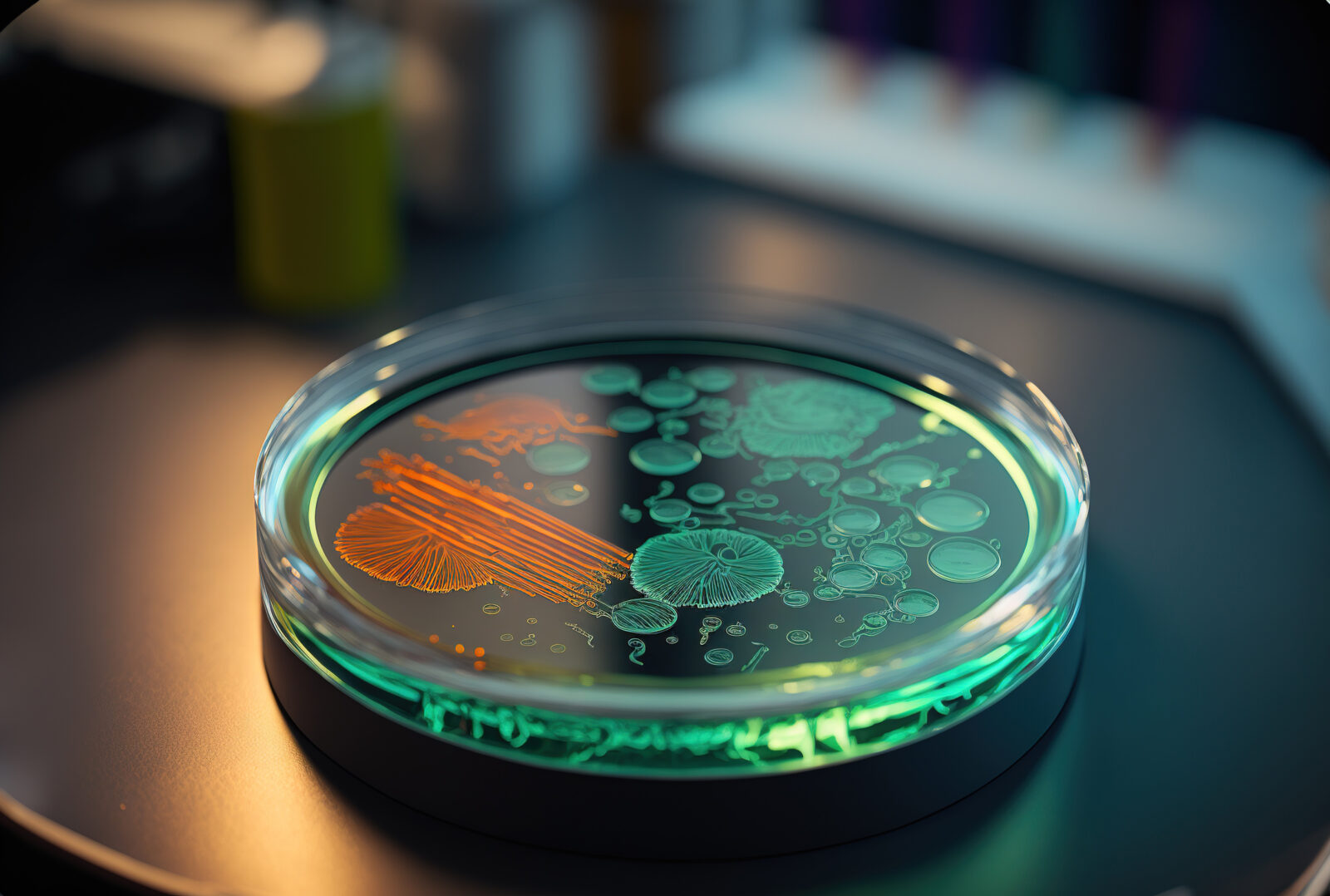


James Tour and Stephen Meyer Bring Clarity to Origin of Life Debate

James Tour Talks Nanotech at Socrates in the City
Today’s ID the Future features the first part of a conversation between James Tour and Socrates in the City host Eric Metaxas on Tour’s astonishing work in nanotechnology and on the topic “How Did Life Come into Being?” Tour is the T. T. and W. F. Chao Professor of Chemistry, Professor of Computer Science, and Professor of Materials Science and Nanoengineering at Rice University. He is widely regarded as one of the world’s leading nano-scientists. This event took place at the River Oaks Country Club in Houston, Texas, and is presented here with permission of Eric Metaxas. Here in Part 1, Tour explains some of the inventions coming out of Tour’s Rice University lab, including molecular cars and astonishing graphene technologies, one of which restores full mobility in laboratory rats whose spines have been severed.

Brian Miller Distills the YouTube Debate between Dave Farina and James Tour
On today’s ID the Future, host Eric Anderson and physicist Brian Miller, research director for Discovery Institute’s Center for Science and Culture, discuss a recent debate between YouTube science educator Dave Farina and Rice University synthetic organic chemist James Tour. Tour has argued that no one—not even the most elite of origin-of-life scientists–has a clue how life could have arisen through blind natural forces on the early earth. Farina created a YouTube response on his channel arguing that Tour is wrong and that origin-of-life researchers are well on their way to solving the mystery of life’s origin. Tour then responded in his own YouTube video series. Now Miller and Anderson boil it all down and argue that Tour is right and Farina wrong on multiple levels.